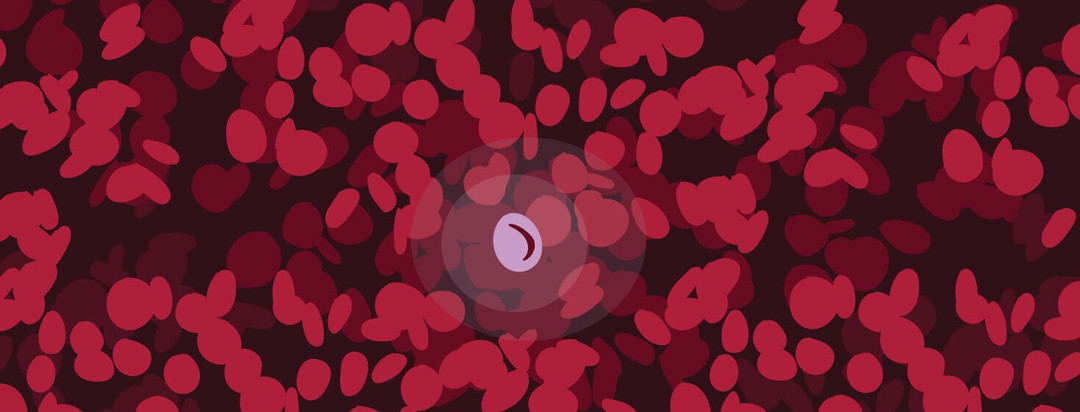One in a Million
I’m one in a million. Well…not exactly “one in a million.” I have polycythemia vera (PV) which is considered a rare cancer. According to the National Organization for Rare Disorders, the chance of being diagnosed with PV is around 2 in 100,000.1 There are other organizations that cite the incidence of a PV diagnosis either higher or lower. Regardless of what the current statistic is, very few people have this cancer.
When I first found out all my blood levels were high, and before I was seen by a hematologist for diagnosis determination, I consulted my “Google doctors.” PV was listed as a possible reason for elevated blood levels but I quickly dismissed it. I read that it was extremely rare and was most prevalent in men over 60. Since I was in my early fifties, had none of the listed symptoms and I was definitely not a man, I was convinced I didn’t have PV. Needless to say, once I was diagnosed, I was quite shocked.
Icebreaker
There are some advantages of having a rare cancer like PV. It’s always a good topic of discussion at a party since no one has ever heard of it. When I tell people I have polycythemia vera, it definitely works as an icebreaker. Everyone is curious about what the heck PV is, what treatment I am undergoing, and what my prognosis is.
Having PV also gives me the opportunity to educate medical professionals. When I mention that I have PV to a new doctor, they often look perplexed. I know they are trying to reach back into their medical school knowledge to remember. Once they do, they are typically delighted to have me as a patient and ask a ton of questions.
One is the loneliest number
The main disadvantage of a rare cancer is it is hard to find others with the same diagnosis. The tune “One is the Loneliest Number” by Three Dog Night goes through my head when I attend large cancer conferences. I’m typically the only attendee with PV.
Although there are multiple online support forums for PV patients, it’s not quite the same as meeting face to face to commiserate about common ailments. I have been known to enthusiastically “stalk” others on the online forums when I see they are from my area hoping they’d like to meet a fellow PVer. So far I’ve not had anyone block me or ask that I be removed from the site. Most are as thrilled as I am to connect.
Where's the hype?
Because it’s so uncommon, there isn’t the hype and media attention that surrounds other cancers. With the exception of a couple of General Hospital episodes highlighting a PV patient a few years back, I’ve never seen it mentioned in any media forum. With breast cancer, for example, there are dozens of organizations, activities, cute slogans and even 5Ks. While there are a number of groups that do support PV awareness, I can’t say I’ve ever heard of a “Thin the Blood Campaign” or a “Poly V 5K” before.
Currently, there is research and clinical trials ongoing to aid in progression prevention and improve quality of life. However, it hasn’t been until just recently that strides have been made for new medications and treatments for the management of PV.
Las Vegas, here I come
Although I’m not technically “one in a million,” being diagnosed with PV is rare. With those odds, I guess I should be trying the lottery or gambling in Las Vegas.
Community Poll
Have you taken our In America Survey yet?

Join the conversation